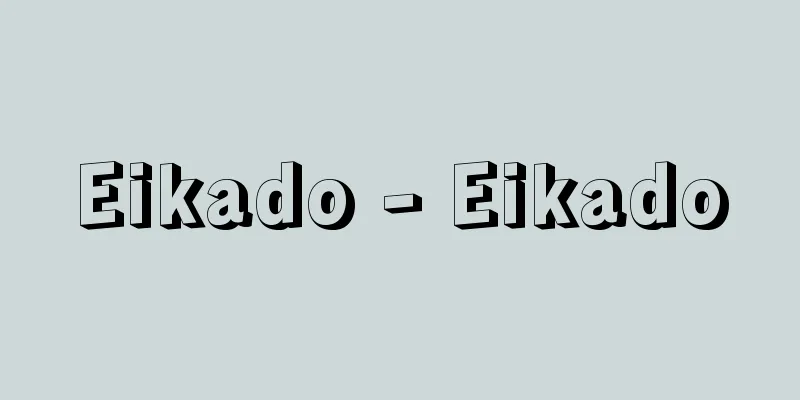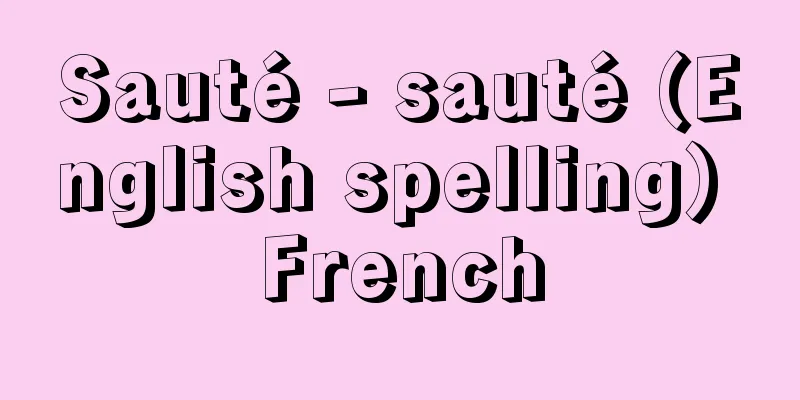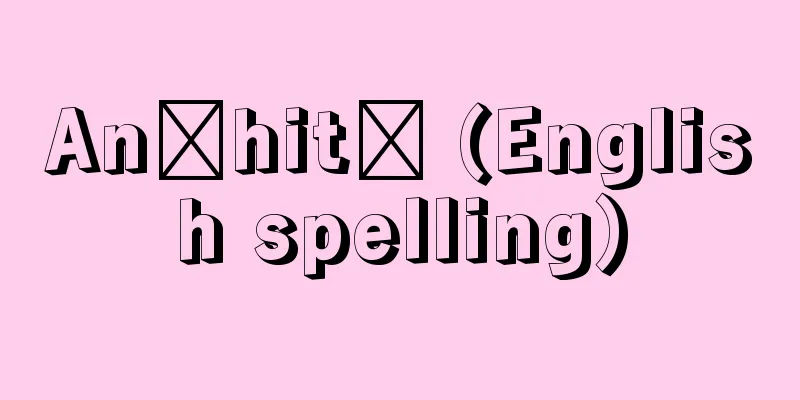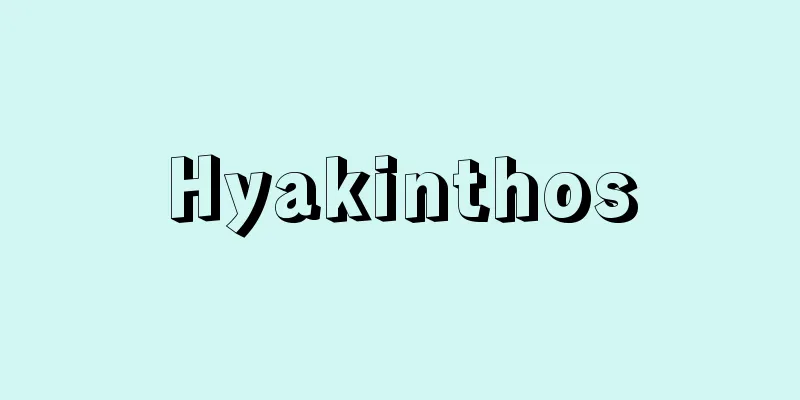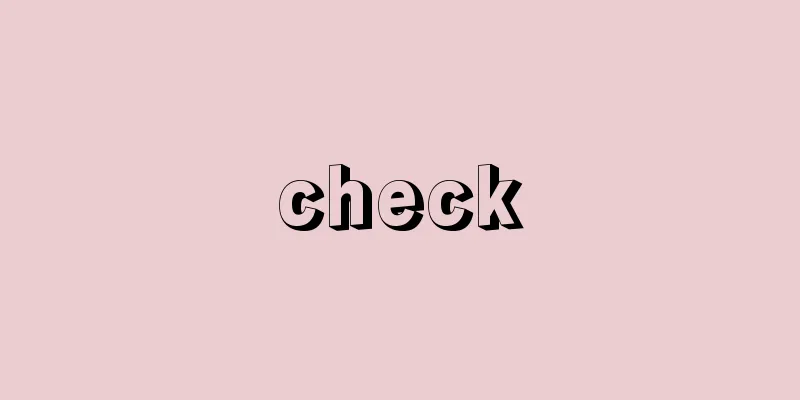Picture root - Eirinehon
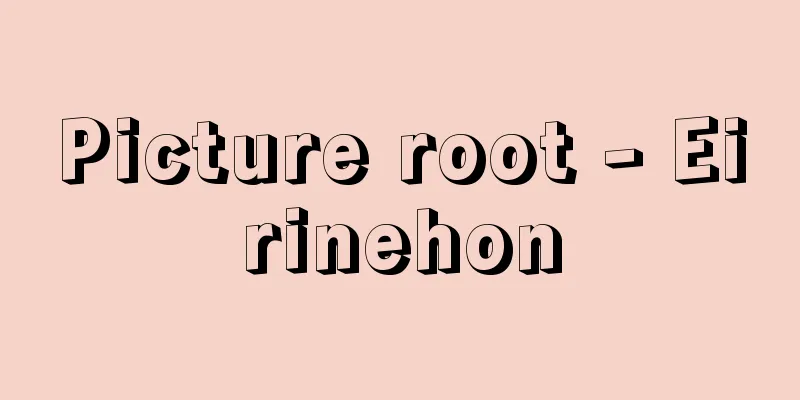
|
[noun] A kabuki script with woodblock prints and illustrations, printed on half-sized paper, published mainly in Kyoto and Osaka during the Edo period, especially from around the An'ei-Tenmei era ( 1772-89 ) to the Bunka, Bunsei, and Tenpo eras ( 1804-44 ) at their height. It includes stage maps and portraits of the actors, and is more like a reading material than a faithful introduction to the play. Source: The Selected Edition of the Japanese Language Dictionary About the Selected Edition of the Japanese Language Dictionary Information |
|
〘名〙 江戸時代、特に安永~天明年間(一七七二‐八九)頃から、文化・文政・天保年間(一八〇四‐四四)を最盛期に、京坂を中心に刊行された木版、さし絵入りで、半紙版の歌舞伎脚本。舞台図や役者の似顔絵がはいり、劇の忠実な紹介というよりは読み物的な性格の強いもの。根本。
出典 精選版 日本国語大辞典精選版 日本国語大辞典について 情報 |
<<: For-profit non-governmental organization - Eirihiseifusoshiki
>>: Illustrated Newspaper - Eirishinbun
Recommend
Singer - Singer
...Because it has several vertical stripes on its...
Leaf miner fly - Leaf miner fly
A general term for insects belonging to the Dipter...
Bernard Silvestre
…an early French scholastic philosopher and membe...
Acheilognathus rhombea
…[Morizumi Nakamura]. … *Some of the terminology ...
Alpine pastures - Alp pastures
…For pasture farming, the high grasslands called ...
Tarjei Vesaas
1897‐1970 A representative contemporary Norwegian ...
Codominance - Codominance
… Because there is no dominance or inferiority be...
Flavius Placidus Valentinianus III
419‐455 Western Emperor of the Roman Empire. Reign...
text
It comes from the Latin word textus (meaning "...
Acne
A colloquial name for acne vulgaris, it is an inf...
Gonçalves, Nuno
Portuguese painter of the 15th century. He was act...
Ganges [River] - Ganjisu
…A holy river in India. It is also known as the G...
Kaiusagi (domestic rabbit)
A general term for rabbits that are kept as lives...
Zhuāng zōng - Sou-so (English spelling)
885‐926 Founder of the Five Dynasties Later Tang D...
"Katsura River Jizo Chronicle"
The style of the performance centered on large, e...


